What Did the IMF Conclude from Its January 2026 Visit to Sri Lanka?
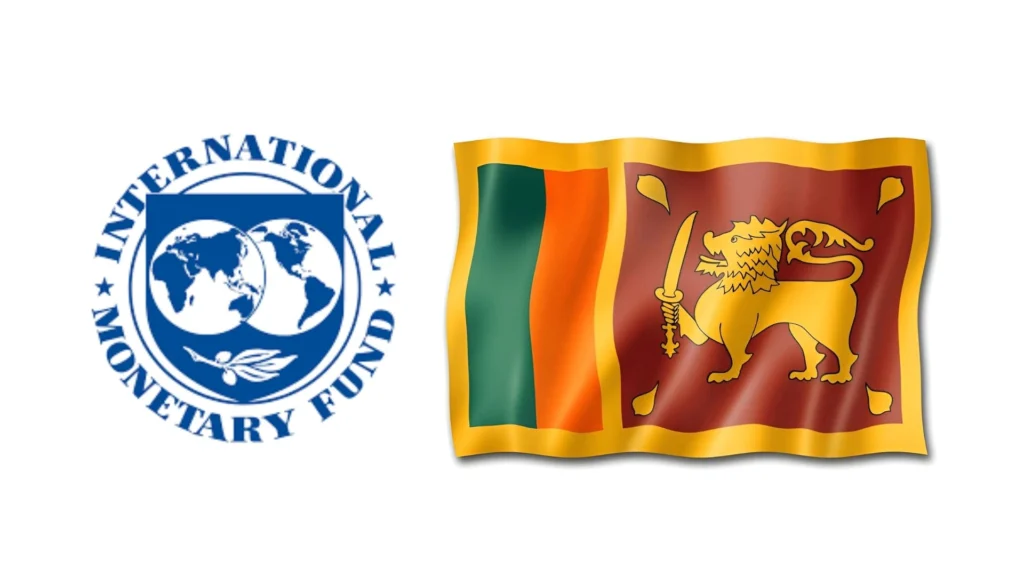
In our previous article, we examined Argentina’s extensive history with the IMF as an example of long-term engagements. Now, we turn to a timely development in Sri Lanka’s ongoing relationship with the Fund: the IMF staff mission that concluded on January 28, 2026, following discussions on the impact of Cyclone Ditwah. For ordinary Sri Lankans […]
Pine Labs expands its footprint in Sri Lanka by deploying an API-first Card Issuing and Processing Platform for Pan Asia Bank

Sitting (L–R): Venugopal Choudhary, CTO & CBO, Pine Labs Credit+; Naleen Edirisinghe, Director/CEO, Pan Asia Bank. Standing: Atul Tuli, CRO, Pine Labs Credit+ India & Sri Lanka; Dhanushka Sapugasthanna, Chief Manager – Consumer Banking, Pan Asia Bank, marking the signing of a strategic partnership between Pine Labs and Pan Asia Bank. One of Sri Lanka’s largest […]
Will Sri Lanka’s Inflation Reach the 5% Target by Mid-2026?

Summary of the analysis The Central Bank of Sri Lanka (CBSL) has maintained its key policy rates unchanged in the first Monetary Policy Review of 2026, announced on 28 January 2026. The Standing Deposit Facility Rate (SDFR) and Standing Lending Facility Rate (SLFR) remain at 8.25% and 9.25%, respectively. More importantly for the public, the […]
Praja Shakthi: Empowering Sri Lankan Communities Through Citizen Participation
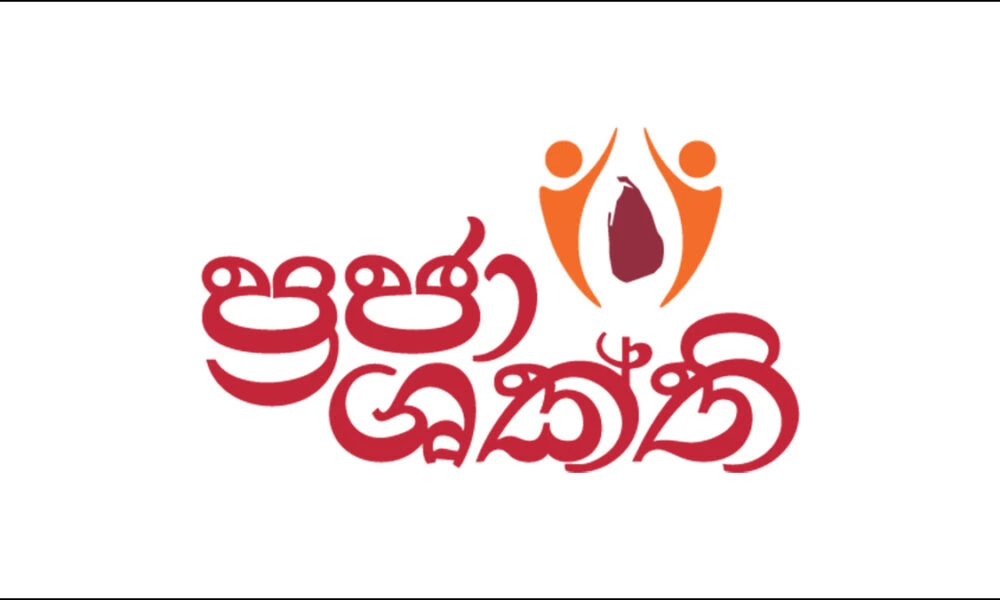
In 2025 and 2026, the Praja Shakthi programme has emerged as a key initiative to bridge the gap between the government and the people, especially in rural and underserved areas. For ordinary Sri Lankans, farmers in remote villages, youth seeking opportunities, women managing households, or families in estate regions this project offers a way for […]
Why Has Argentina Had the Most IMF Programs in History?
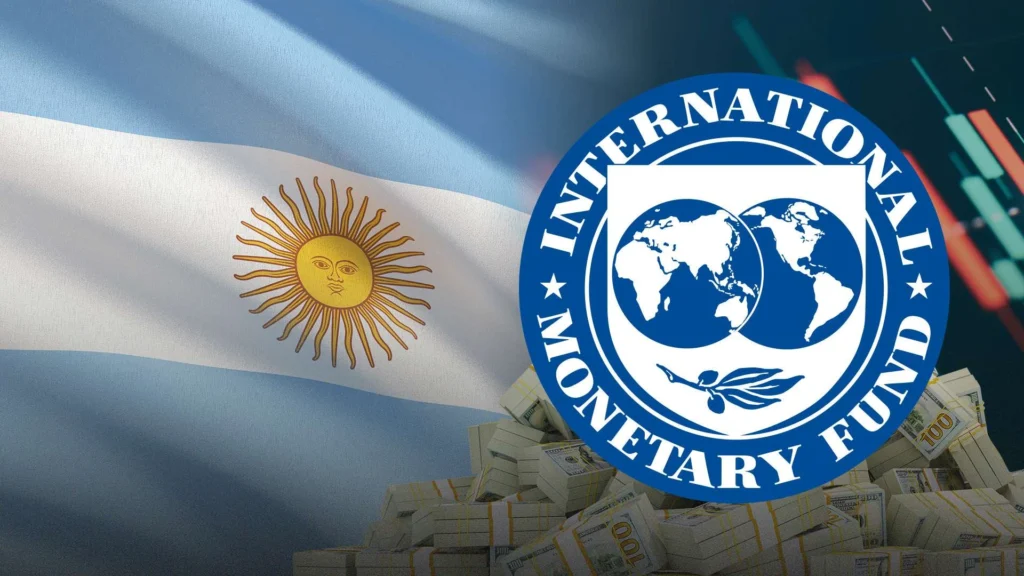
In our previous article, we examined IMF conditionality the policy commitments governments make in exchange for financial support. These conditions are central to how the IMF engages with countries facing economic difficulties. Argentina provides a prominent example of repeated engagement with the IMF, having entered into more arrangements than any other member country. For ordinary […]
How Do the IMF and the World Bank Collaborate?
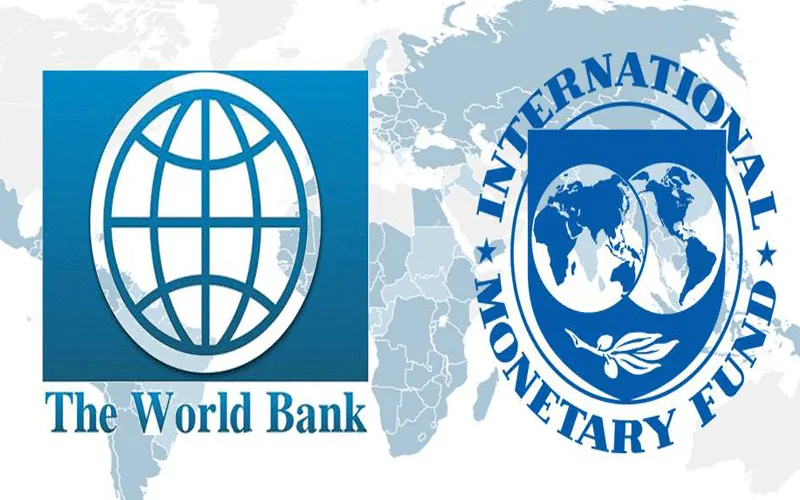
In our previous articles, we examined the International Monetary Fund (IMF) its origins, core functions, lending practices, and the role of conditionality in its programs. Building on that foundation, we now explore the IMF’s close partnership with its sister institution, the World Bank. Born from the same 1944 Bretton Woods Conference, these two organisations often […]
Why Does the IMF Use Conditionality?
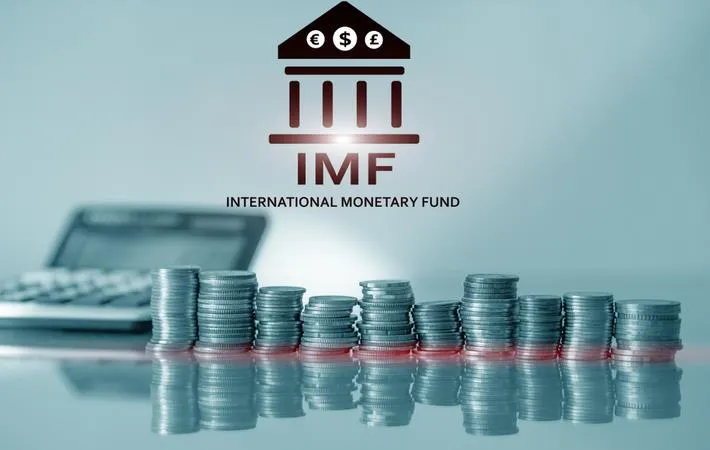
In our previous article, we explored what the International Monetary Fund (IMF) is, its history, purpose, core functions, and role in promoting global economic stability. Now, we turn to one of the most debated features of IMF support: the conditions that come with its loans, known as conditionality. For ordinary citizens whether a teacher worried […]
Frost in Nuwara Eliya: Sri Lanka’s Recent Cold Snap and What It Means for Our Climate

In January 2026, Nuwara Eliya grabbed headlines and social media feeds when temperatures dropped to 3.5°C on January 22 the lowest recorded in Sri Lanka since 2009, according to the Department of Meteorology. Photos and videos of ground frost blanketed feeds: tourists and locals playfully touching icy grass, children marveling at the rare sight, and […]
Nipah Virus Outbreak in India: Staying Vigilant for Public Safety in Sri Lanka

In January 2026, reports of a Nipah virus outbreak in West Bengal, India have raised alertness across the region. Health authorities confirmed five cases near Kolkata, including healthcare workers, with around 100 people quarantined for monitoring. The virus, known for its high fatality rate of 40-75% depending on outbreaks, has no specific treatment or vaccine, […]
What is the International Monetary Fund (IMF)?

The International Monetary Fund (IMF) is a global organization that works to promote economic stability and growth worldwide. Established in 1944 at the Bretton Woods Conference, it now has 191 member countries. Headquartered in Washington, D.C., the IMF is governed by its members through a Board of Governors and an Executive Board, with a Managing […]
